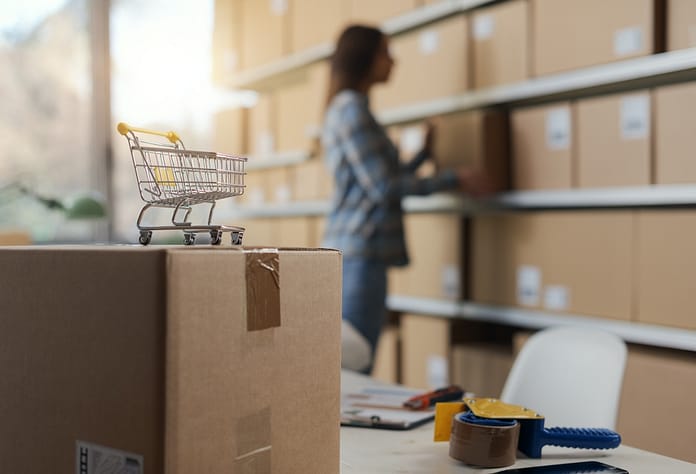A inteligência artificial deixou de ser promessa para se tornar realidade e já está transformando profundamente a logística brasileira. Seus impactos são concretos, medidos em economia de tempo, redução de custos e melhoria da experiência do consumidor.
Os algoritmos aprendem sozinhos e com rapidez impressionante. Eles analisam, em tempo real, variáveis como trânsito, janelas de entrega e grau de urgência. Com isso, rotas são otimizadas, falhas humanas são evitadas e entregas chegam com mais precisão. O que antes dependia de processos manuais, como a elaboração de propostas logísticas, agora pode ser automatizado. Em poucos segundos, os preços são ajustados e os custos diminuem, enquanto a eficiência cresce.
In the so-called “last mile,” artificial intelligence is consolidating its competitive edge. Real-time tracking technologies, automatic notifications, and digital service make the journey smoother and more predictable for customers, resulting in greater satisfaction. Furthermore, by cross-referencing historical data, purchasing patterns, and seasonality, AI enables more accurate demand forecasts, contributing to smarter inventory management and reduced stockouts.
A practical example comes from a retailer in the North of the country, which integrated a routing platform via API. Previously, four people were responsible for this task for six hours a day. After adopting AI, a single person can complete the same task in just 40 minutes. Cities like Manaus, Boa Vista, Rio Branco, and Porto Velho now have faster, more coordinated deliveries. The financial impact is also clear: a reduction of up to 20% in logistics costs, without compromising and often even improving the customer experience.
Today, intelligent assistants recalibrate routes in real time, assist delivery drivers in the field, and automatically respond to consumer queries. This transformation is not only being noticed by the market but also strongly supported. In 2022, the application of AI in logistics generated US$3 billion globally, with projections to reach US$64 billion by 2030. In Brazil, the growth is also significant: the volume is expected to jump to US$5.5 billion by 2027. According to McKinsey estimates, the adoption of artificial intelligence could generate up to US$2 billion per year in profits for companies. And, according to the World Economic Forum, 20% of global deliveries will be automated by 2025.
Despite the advances, it is still not a technology plug and play. The logistics sector faces challenges such as siloed systems, scattered data, and a culture that often resists change. Integrating, cleaning, and strategically using this data requires effort, training, and paradigm shifts. But it’s an inevitable trend: those who don’t move forward will be left behind.
The future of logistics will be shaped by an ecosystem of AI, the Internet of Things, sensors, and robots, promoting greater visibility, speed, safety, and sustainability. And the truth is, this future has already begun. Its name is artificial intelligence.


